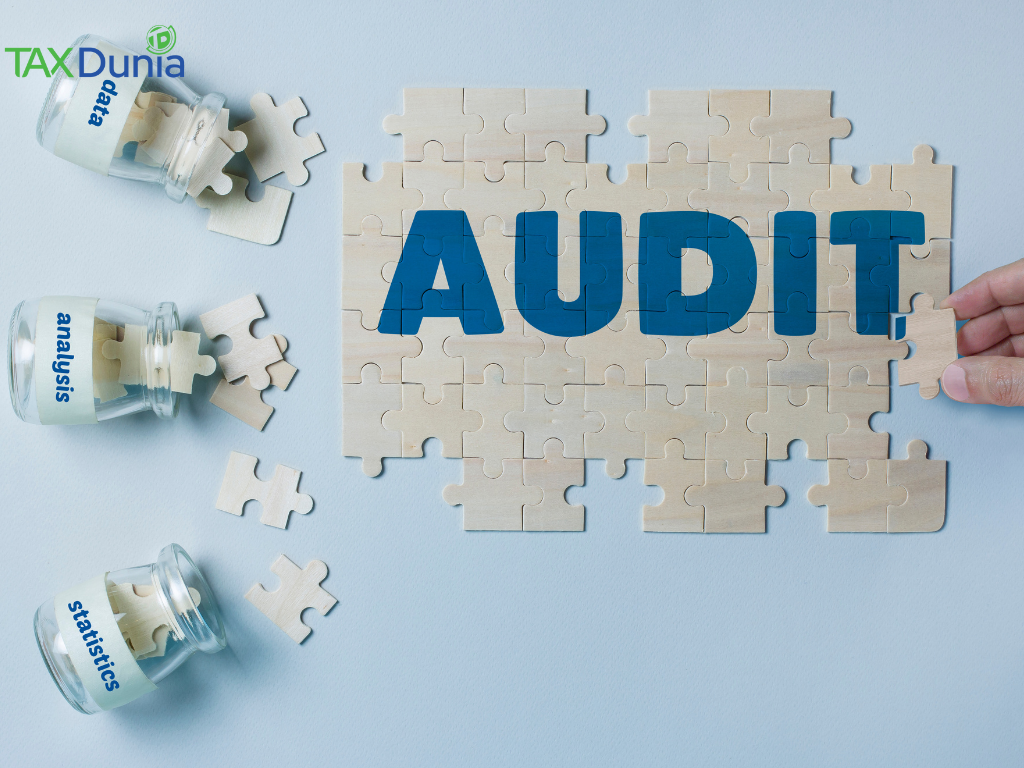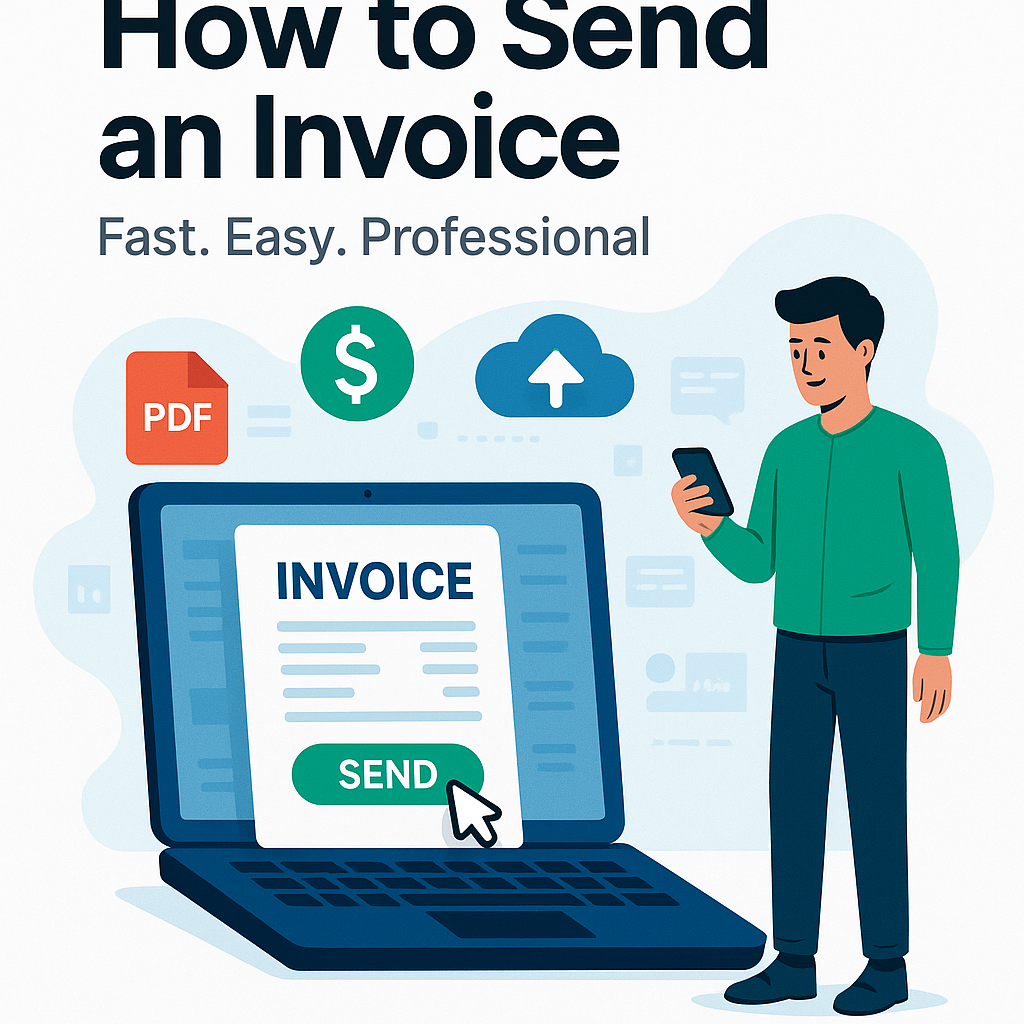Certain businesses and individuals need to get their books of account audited. Section 44AB of the Income Tax Act regulates businesses for auditing when they meet turnover and other specific requirements. Tax Audits ensure that books of accounts are maintained accurately and certified by a Chartered Accountant. It identifies prospective discrepancies through systemic examination. Tax Auditing provides information about tax depreciation and compliance with the Income from Capital Gains tax provisions.
Along with meeting compliance and abiding by the laws, businesses can set a clear record with the government when they opt to get themselves audited. When it is that time of the year, audits to be done may give you a lot of stress. You have landed on the right platform in case you want to know how to handle tax audits without stress, as you will be getting expert advice from TaxDunia.
Who Needs a Tax Audit u/s 44AB?
If the total sales, turnover gross receipts of a business exceed Rs 1Cr in a financial year, then such mandatorily needs to get its books of accounts audited. The threshold limit for business is Rs 10 Cr if the total cash transactions are within 5% of total transactions, as per the Finance Act 2021. For professionals, the threshold limit is Rs 50 lakhs (threshold limit Rs 75 lakhs on condition that 95% of the receipts are through recognized banking channels).
Under the Presumptive Taxation Scheme (Section 44ADA), professionals and businesses are liable to get their books of accounts audited if the total sales/turnover is more than Rs 2Cr in a financial year. To further about the auditing requirements, reach out to tax professionals. They ascertain that you meet the liabilities and comply with the laws. Understanding the ever-changing laws and abiding by them is a complex task and can certainly give stress especially at the time of Tax Audit.
How to Handle Tax Audits
Handling a Tax Audit is not easy, as it requires so much attention to detail and precision. The best move any business or professional can make is to hire a chartered accountant in practice. By doing so, you confirm that half of your stress is gone just by hiring a CA. The following can be done when it is time to handle tax audits
Hire a Chartered Accountant
Whether it is a statutory, internal, or tax audit, you should hire a chartered accountant so that he or she can study the on and off of the records. They will be better able to understand the organizational and internal control systems. The professional will do
- Understand the Entity
- Professionals understand the nature and environment of the business. They study the key risk areas and business processes and then come out with the best possible solutions, aligning with financial reporting frameworks such as Ind AS and AS
- Risk Assessment
- Effective risk management plays an important role in ensuring the sustainability and growth of the business. To safeguard business and mitigate the involved risks, professionals find out about financial irregularities and fraud practices
- Proper Documentation and Planning
- Proper documentation of the records, such as loans, interests, payable taxes, dividends, and other expenses, strengthens the investor’s confidence. A professional closely examines the gross receipts, expenses, depreciation, and tax liability, and suggests the best solutions for compliance purposes
- Professional Skepticism
- In the auditing and assurance context, professional skepticism refers to an attitude including a questioning mind and a critical assessment of evidence. A CA possesses this trait and provides an accurate representation of the organization’s financial position by questioning the assumptions and supporting them with assertions
- Enhance Financial Transparency
- By auditing the financial records and gross receipts, a CA ensures financial transparency and maintains statements. It reflects accuracy and the business’s financial health, easier for decision making.
At TaxDunia, experts offer customized advice and guidance so that clients can meet their unique needs. Tax Audit ascertains that the business is on the right path, as it studies the loopholes and amends thereby. To boost investors’ confidence and promote transparency, hiring a professional is pivotal and indispensable. Professionals serve as guardians of financial integrity, diligently going through information and identifying key risks.



